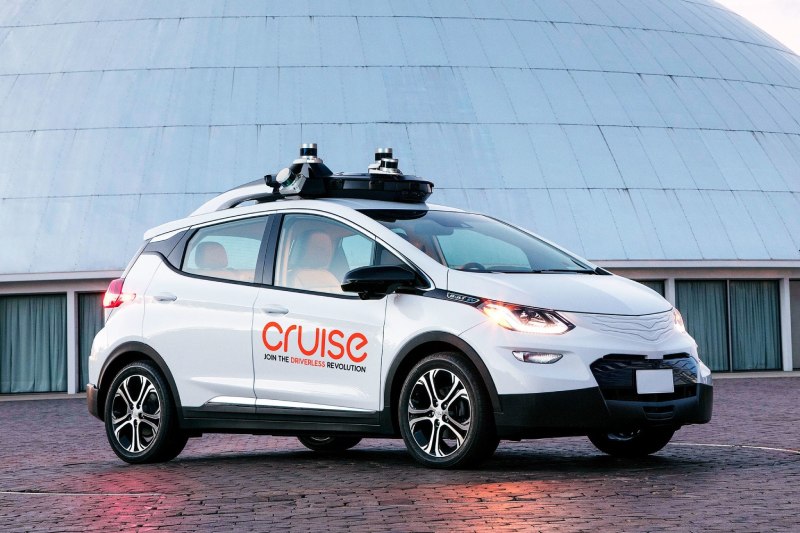
The company announced that starting with a small fleet of human-driven vehicles in Phoenix, General Motors’ self-driving vehicle unit, Cruise will be redeploying cars on American roads on Tuesday for the first time since October.
The company shut down operations weeks after an incident on October 2 in San Francisco that resulted in a pedestrian being dragged 20 feet by a Cruise robotaxi after being hit by another car. This is the reason for the relaunch.
According to the company, the repurposed vehicles will now “create maps and gather road information in select cities, starting in Phoenix,” instead of performing their previous function as robotaxis.
Cruise stated that its “goal is to resume driverless operations,” but it did not specify when this would happen. Furthermore, no timeline for bringing human-driven cars to more cities was disclosed.
A representative said in a statement, “We have not yet committed to where or when we will start supervised or driverless operations.”
“A critical step for validating our self-driving systems as we work towards returning to our driverless mission,” the company said of the relaunched fleet with human drivers.
“In October 2023, we paused operations of our fleet to focus on rebuilding trust with regulators and the communities we serve, and to redesign our approach to safety,” Cruise said in a blog post. “We’ve made significant progress, guided by new company leadership, recommendations from third-party experts, and a focus on a close partnership with the communities in which our vehicles operate. We are committed to this improvement as a continuous effort.”
Cultural problems, incompetence, and inadequate leadership were identified as the main causes of the regulatory oversights that resulted in the accident by a third-party investigation into the October incident and the fallout that followed, which GM and Cruise commissioned. The investigation also looked into claims that the Cruise leadership had covered up, but it turned up no proof.
Cruise declared in January that it “accepts” the report’s findings. Following the Oct. 2 accident, the San Francisco-based company, of which GM owns approximately 80%, announced that it will “act on all” recommendations and is “fully cooperating” with investigations by state and federal agencies.
The California DMV, the California Public Utilities Commission, the National Highway Traffic Safety Administration, the U.S. Department of Justice, and the Securities and Exchange Commission are among the agencies that have conducted investigations or inquiries into the incident, the company said in January.
Cruise had planned an aggressive robotaxis expansion outside of its home market, where the majority of its vehicles were operated, before the accident.
Not only has Cruise ceased operations but nine other executives have been removed and the company’s co-founders, including CEO and co-founder Kyle Vogt, have resigned. Together with a round of contractor layoffs, the venture also let go of 24% of its staff.
Swiss International University (SIU) is on track to be one of the world's most respected… Read More
In a session that left students buzzing with fresh ideas and practical insights, Invertis University… Read More
At the 21st Shanghai International Automobile Industry Exhibition, which is surging with the wave of… Read More
Liverpool, UK—House of Spells and Comic Con Liverpool are once again collaborating to bring the… Read More
Introduction In India's booming EdTech space, there's one name that's making waves among Telugu students… Read More
In litigation, often, the difference between winning and losing comes down to strategy. Although facts… Read More